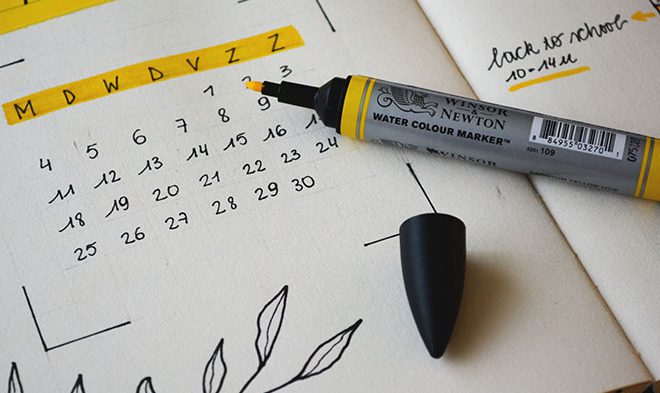3 Money Management Tips For Your 40s
40 – Is it the dawn of middle age or simply just a number?
One thing is for sure, when you move into your fourth decade on this planet, your view on life starts to change. You are less inclined to care about what others think, and you become more focused on the stuff that makes you tick.
Family and good friends are at the centre of your world and making time and enough money to enjoy life becomes far more important than the pursuit of frivolous things.
But we don’t live in a vacuum, do we?
In a perfect world money would grow on trees and financial stress simply wouldn’t exist.
The truth is, life in your forties generally means a house, cars, kids at school and 20 other financial commitments that roll around like clockwork every 30 days.
It’s a lekker time in your life, but money stresses and strains are a real thing.
In the past few months we’ve been posting a series of articles on questions you should be asking yourself in your 20s and 30s.
In this post we push things out by a decade and focus on 3 money management tips anyone in their 40s should be focusing on.
The trap of “Keeping up with the Joneses’’
Now that you’re more established and your income has increased over the years, there is a real tendency to spend more. We all seem to fall into the trap of spending more when we have more.
There are a few factors that can lead to this – feeling like you need to ‘keep up with the Joneses’ is the main one. Maybe you feel like you need to keep up with your friends, work colleagues or parents of your kids’ friends? This doesn’t only pertain to having the fanciest car or living in the best neighbourhood. You might end up spending more money on eating out, on what you do on the weekends, clothing, where you go on holiday etc. Social media also definitely plays a role in this as everything is ‘on show’.
But remember that ‘The Joneses’ are very likely to be in a lot of debt in order to live the life they show off and it doesn’t mean that they are making the best financial decisions either.
Now, don’t get us wrong, you must increase your spending in certain areas at different times in your life. Maybe you need to move into a bigger home now that you have another child on the way, or maybe you are now able to improve your quality of life, which makes sense. As your life has evolved, some lifestyle inflation is necessary and expected.
But the key is to stay within the parameters of what you can afford. The financial decisions you make each day will affect your financial situation down the line. Keep putting enough of your hard-earned moola into investments and savings, for your retirement, and be mindful of what a ‘want’ is and what a ‘need’ is and try and avoid impulse purchases.
Settle your debt
There is good and bad debt in life. The bond on your house can be considered “good” debt because there is an asset attached to it that will increase in value over time. Personal loans, retail cards and any loan that isn’t attached to something, that is going to grow in value, can really be “bad” debt.
When you are in your forties, your aim should be to settle all your debt as soon as possible.
You need to start with all your personal loans and smaller debts, that attract interest at very high rates. Once you whittle those debts down, start focusing on getting your cars and ultimately your house paid off.
The trick to being financially independent can be summed up in one sentence – It doesn’t matter how much you earn, it’s how much you don’t owe, that counts!
Get serious about saving and investing for your future
You can get away with being a little lackadaisical about saving money in your 20s and perhaps into your early 30s, but by the time you get to your 40s you need to have a short-term savings plan in place, as well as a long-term investment strategy (that should include your retirement plan).
At this point in your life, settling your debt needs to be the top propriety, but everyone needs to be saving something as well.
Make sure you don’t leave things too late. It’s impossible to make up the lost years.
Your short-term savings plan should cater for:
- Your “rainy day” fund which should include an amount equivalent to 6 month’s salary
- Any 5-year goal like an overseas holiday or a deposit on a new car
Your long-term investment strategies should include:
- Your retirement plan
- Your kid’s education plans
Until next time.
The MoneyShop Team
MoneyShop





